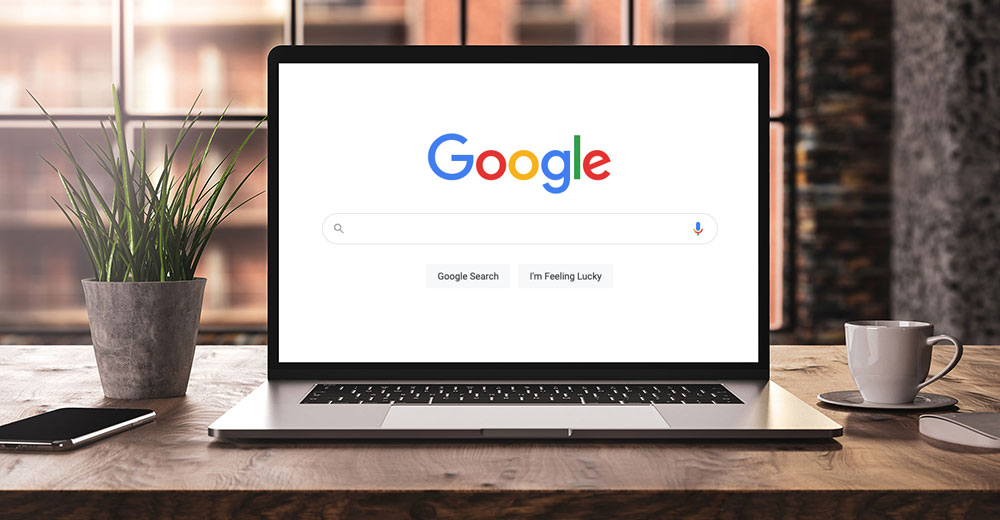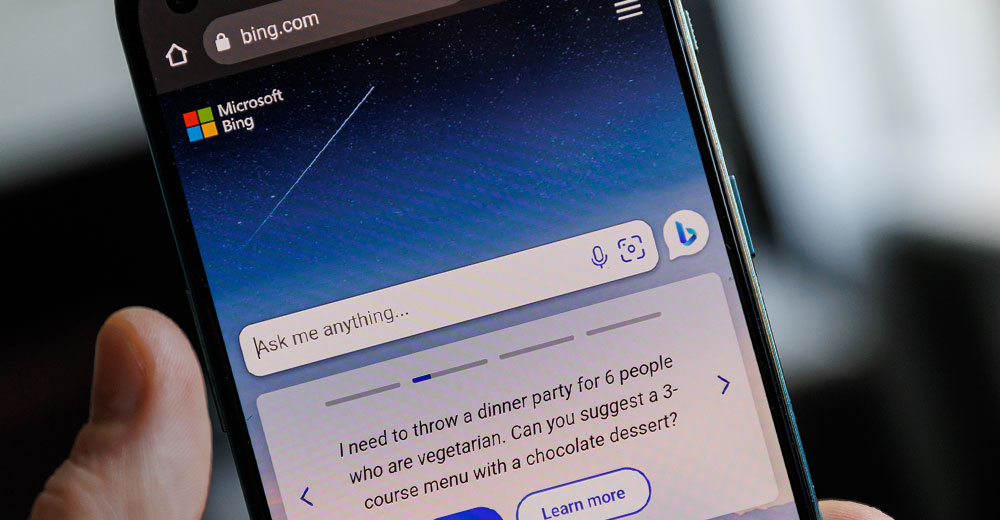ChatGPT-powered Flowy might be a game changer for innovative developers looking to improve website accessibility.
Israel-based Equally.ai, a provider of web accessibility solutions, announced the release of Flowy last month. Ran Ronen, the company’s co-founder and CEO, believes that accessibility should be fundamental to every web product. He designed the new platform to help developers do just that.
Flowy automates the process of accessibility compliance, making it super-fast, scalable, and cost-effective. It enables developers to create innovative products without worrying about the technicalities of accessibility, he offered.
One of the product’s key features is its recommendation engine, which provides developers with suggested code fixes to address accessibility issues efficiently. According to Ronen, this tool helps developers ensure the quality of their product at every stage of the development process with minimal effort.
“We are excited to see what developers will create with Flowy,” said Dani Zeevi, Equally.ai’s board chairman. “With this cutting-edge technology, the possibilities are endless,” he added. “We cannot wait to see the impact Flowy will have on the industry and the lives of people with disabilities.”
Going With the Flowy
Ultimately, website owners, from global brands to SMBs, can use this all-in-one platform’s proprietary technology. It comes with features such as offering recommendations, guides, explanations, and creative solutions for implementing necessary changes.
Flowy streamlines the entire accessibility testing process, according to Ronen. Developers can scan and categorize accessibility issues, prioritize and address them, and access regular monitoring and compliance reporting.
This new approach helps them avoid legal risks for not providing web accessibility for all users of web-based services. Another benefit is saving developers time, energy, and money.
Cloud Access and Chrome Extension
Flowy is currently available only by request. Developers can contact Ran Ronen on LinkedIn for more information and to gain access.
It costs $27/month with a free trial and supports all platforms. Setup takes under two minutes, according to the company, and it offers both cloud-based access and a Chrome web browser extension.
The cloud-based dashboard provides a centralized location for website owners and developers to manage all their accessibility requirements in a visually appealing interface.
The Chrome extension allows users to perform real-time accessibility audits on their websites, giving them immediate insights and actionable steps to improve their websites’ accessibility.
“With the combination of cloud access and a browser extension, we are able to provide a comprehensive solution for website accessibility needs,” Ronen offered.
Uses ChatGPT Phenomenon
The Flowy platform is one of the latest innovative uses of ChatGPT technology developed by OpenAI, an artificial intelligence research and deployment company.
OpenAI released ChatGPT in November as a prototype. Since then, the beta product has become explosively popular and integrated into numerous uses involving language and computer coding.
The product’s name stands for Chat Generative Pre-trained Transformer. Basically, it is a chatbot built atop OpenAI’s GPT-3 family of large language models. The popularity of ChatGPT is fixated mainly on its ability to deliver detailed responses and articulate answers across many knowledge domains.
Flowy may be the first of its kind for developers. Many other dev tools address accessibility issues that are not ChatGPT-driven, according to Ronen. However, those tools focus primarily on technical evaluations and automated testing.
“Flowy, which is powered by ChatGPT, leverages the power of natural language processing and machine learning to provide more in-depth and accessible information and guidance on accessibility best practices, as well as personalized support and recommendations for addressing specific accessibility challenges,” Ronen told Businsiders.
Website Accessibility for All
Ronen sees Flowy as a major innovation in the developer space. The platform bridges a significant gap by making website accessibility more achievable for everyone.
“Until now, many website owners and developers faced barriers when trying to address accessibility issues due to a lack of technical knowledge and expertise,” he offered. However, with Flowy, website owners no longer have to rely solely on developers with accessibility expertise to make their sites inclusive.
Flowy also fills a crucial need in the market. The software provides a solution for developers who want to create accessible sites without having to become accessibility experts themselves, he noted. That, in turn, enables devs to create innovative experiences for their users while also promoting best practices in accessibility.
“In short, Flowy is filling the gap between website accessibility and the capabilities of website owners and developers, making the internet a more accessible and user-friendly place for all,” he said.
From Internal Use to Aha Success
Equally.ai worked on Flowy for over a year after initially developing the concept for its own needs. Expanded progress came after the company teamed up with a Microsoft developer program that gave its developers early access to OpenAI.
“We started to explore the potential of using the GPT-3 API. As we continued to experiment with the API, we discovered its immense capabilities and saw the opportunity to integrate it into Flowy to enhance our results and better serve the needs of developers,” Ronen said of the breakthrough moment last October when his company decided to incorporate ChatGPT fully into its platform.
“We are confident that we will be the first to showcase a fully functional product utilizing the GPT-3 API, providing a unique and unparalleled solution for website accessibility needs,” Ronen said.
Refining Accuracy the Biggest Challenge
Early on, users of ChatGPT struggled with flippant inaccuracies that OpenAI’s creation generated. According to Ronen, that became one of Equally.ai’s most significant challenges in integrating ChatGPT into Flowy.
The first step was investing in a team of AI and software experts. That included a data management team to make sure the AI model worked well and met the specific requirements of Flowy customers.
“We are also aware that AI models are susceptible to errors and biases, and ChatGPT is no exception. In order to overcome this obstacle, we have developed systems for monitoring the AI’s performance and optimizing Flowy as necessary to ensure its accuracy and reliability, he explained.
He added that Flowy’s initial prototype also needed to be modified to ensure the AI technology ran smoothly and quickly.
Detecting and Managing Accessibility Issues
Flowy first scans the website’s code for accessibility errors. Once the errors are detected, it categorizes them based on priority levels.
It provides the best suggestions for fixing them and various options to help improve a user’s website even further. The platform continually checks for new accessibility issues and alerts users if any are detected.
“As for training, Flowy is designed to be user-friendly, so little to no technical expertise is required. It operates as a low-code/no-code platform, making it the perfect solution,” explained Ronen.
The software platform automates the process of testing and fixing accessibility issues. This automation allows developers to manage all their accessibility functions from the dashboard, find and repair semantic and contextual issues in their code, enhance the user experience, run manual audits, and prevent future accessibility issues from occurring, he added.
Flowy categorizes accessibility issues based on priority levels, making it easier for developers to focus on the most critical issues first. It offers a step-by-step guide on how to resolve problems based on a website’s framework, making accessibility standards easy to understand and follow. Additionally, Flowy provides a precise monitoring and compliance report, which tracks and documents accessibility progress and helps ensure compliance with company accessibility policies.





